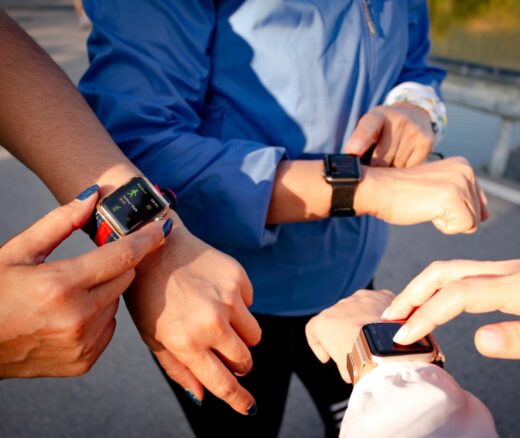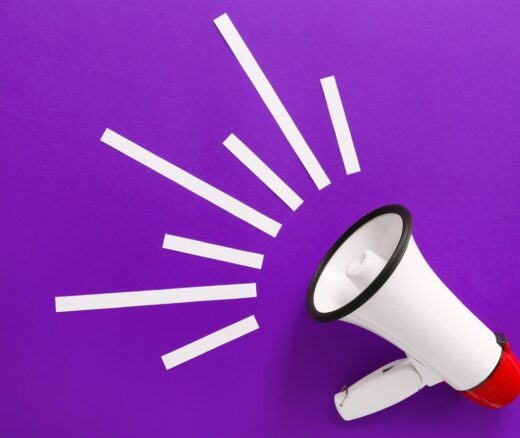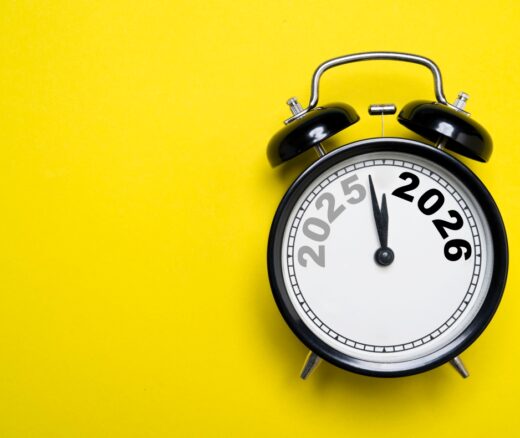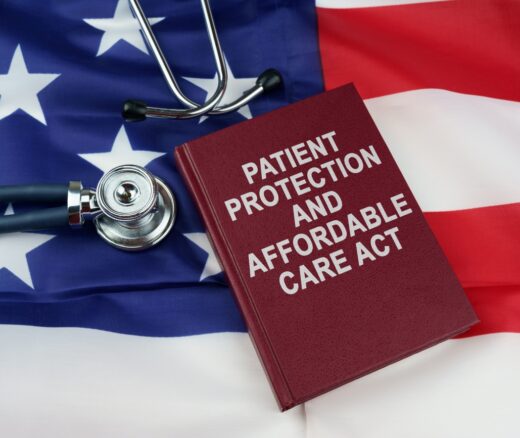
How Playing Games May Save People’s Lives
The Growing Use of Gamification in Health Motivates People to Exercise More and Take Other Actions to Improve Their Physical Well-Being
Blog Post
Only about one million of the 14.5 million Americans with alcohol use disorder receive treatment for it in a given year. For those Americans, sustained recovery often relies on post-treatment continuing care. But continuing care is frequently upended by a wide range of barriers, including transportation needs, employment or family responsibilities, and illness or disability.

Advances in technology have made remote options to continuing care more feasible, potentially easing many of the challenges to in-person continuing care. Adding to the growing body of research examining the efficacy of remote options in the treatment of alcohol use disorder, James McKay and colleagues evaluated the effect of continuing care delivered via telephone support, a smartphone program, and a combination of both.
In the recently published study in Addiction, patients with alcohol use disorder who were receiving intensive outpatient treatment with publicly funded programs in Philadelphia were randomized into a control group or one of three intervention groups. The patients in these groups received additional remote support consisting of 12 months of either: (1) telephone monitoring and counseling, which included calls by trained staff who provided tailored cognitive behavioral therapy; (2) the ACHESS smartphone program, an app which offers access to a number of recovery tools including daily and weekly self-assessments, rapid connections to social supports, tutorials on coping with stressors, and relaxation aids with minimal monitoring by clinical staff; or (3) both telephone and smartphone support.
During the 12-month study period, patients who received only intensive outpatient care (control group) had the highest average percentage of days of heavy drinking at 10.9. The telephone monitoring and counseling group (5.41) and the smartphone program group (6.8) and the group who received both telephone and smartphone support (5.99) all had fewer heavy drinking days than the control condition, but did not differ from each other. Notably, patients who received either telephone monitoring and counseling or the telephone plus smartphone intervention were also better at avoiding alcohol altogether than the control condition. But at 18 months, six months after the continuing care ended, there was no significant difference in drinking among the four patient groups, indicating an overall erosion of treatment effects. These findings are particularly relevant as alcohol consumption increased overall in the United States during the COVID-19 pandemic. While the long-term impact of this increase in drinking is unknown, a rise in alcohol use disorder is likely, along with a concomitant need for treatment and post-treatment support. Based on the study by McKay and colleagues, providing remote continuing care improves alcohol use outcomes, with little difference between telephone counseling, smartphone app, and integrated telephone counseling plus smartphone-app interventions.
The study, Efficacy and Comparative Effectiveness of Telephone and Smartphone Remote Continuing Care Interventions for Alcohol Use Disorder: A Randomized Controlled Trial, was published in Addiction in May 2022. Authors include James McKay, David H. Gustafson, Megan Ivey, Klaren Pe-Romashko, Brenda Curtis, Tyrone Thomas, David W. Oslin, Daniel Polsky, Andrew Quanbeck, and Kevin G. Lynch.

The Growing Use of Gamification in Health Motivates People to Exercise More and Take Other Actions to Improve Their Physical Well-Being

Pa.’s New Bipartisan Tax Credit is Designed to be Simple and Refundable – Reflecting Core Points From Penn LDI Researchers Who Briefed State Leaders

Focusing in on Some of Health Care Policy’s Most Urgent Issues

Highlighting 10 Ways LDI Fellows Put Their Research Into Action

From AI-Powered Public Health Messaging to Stark Divides in Child Wellness and Medicaid Access, LDI Experts Highlight Urgent Problems and Compelling Solutions

An LDI Expert Offers Three Recommendations That Address Core Criticisms of the ACA’s Model